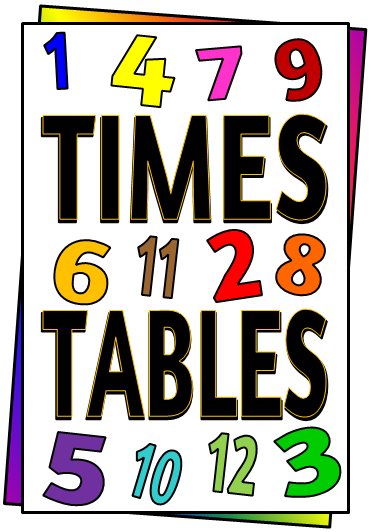Maths
Intent
At Headlands we teach the content of the National Curriculum for maths with the aim that every child will reach their potential. They will develop their confidence and competence in maths using first hand (concrete) experience initially and then moving onto pictorial and abstract methods. The culture of maths at Headlands is that everyone can do maths. We aim to build happy, resilient mathematicians who are independent learners. This will support them across the curriculum.
Implementation
We follow the White Rose Maths scheme, which includes Yearly Overviews for every year group; from EYFS to Year 6. This allows the children to progress through maths topics, which are taught in blocks of learning. Each block is broken down in a step sequence, which recaps on previous learning and then moves on through a series of small steps.
Mathematical talk is used to unpick the language of maths, deepen understanding and explain concepts. Maths vocabulary lists have been compiled and agreed by staff to ensure consistency and progression across school.
Varied Fluency includes concrete, pictorial and abstract methods; where learning is broken down so it makes sense.
Reasoning and Problem Solving allows children to apply their understanding using closed and open questions. This moves on to more challenging questions as the children gain confidence.
Impact
At all stages of learning we use the assessment for learning process. The White Rose Maths yearly overviews are adapted to match with our Headlands' Key Performance Indicators (KPIs) so they allow us to check the pupils' mathematical understanding, before we move their learning on. Overall the impact can be judged through termly progress checks, end of year teacher assessments and national tests. We want every child to be ready for their next stage of learning.
Please refer to the 'Policies' section of our school website for information on how we teach addition, subtraction, multiplication & division.
Helping your Child with Maths
-
Maths Video Guides for Parents
These short video guides are for parents on how maths has changed.
We’re often asked what’s the one thing that will help to support my child in maths at school. So here it is …. be positive.
We can ALL do maths!
TOP TIPS by Year Group
Y1 learn by heart number bonds, up to and including 10
Y2 learn to tell the time to a quarter of an hour on an analogue clock
Y3 practise telling the time on an analogue clock
Y4 learn times tables up to 12s (including division facts)
Y5 practise times tables for instant recall
Y6 use revision books for the tricky areas of maths
-
One minute maths for KS1
This comes recommended and is easy to use on a phone or tablet to keep your children busy!
-
Numbots and Times Tables Rock StarsKS2 children have already tried this at school.
-
Learning times tablesUse this to find different ways of learning tables and then practise with Times Tables Rock Stars

-
Times Tables Rock Stars
use in KS2 for practising times tables
